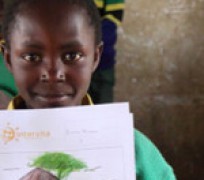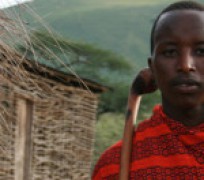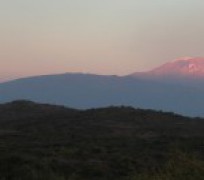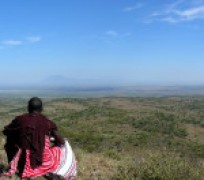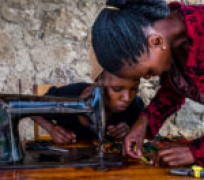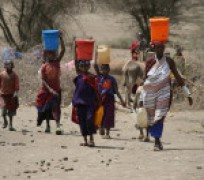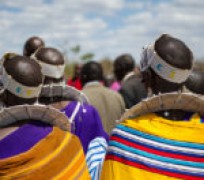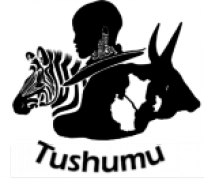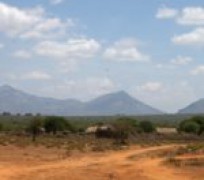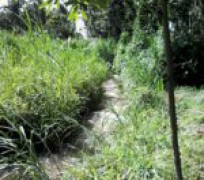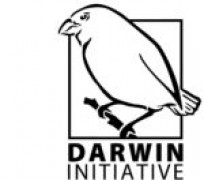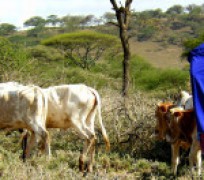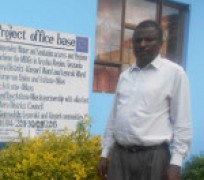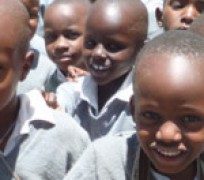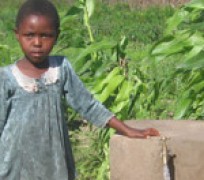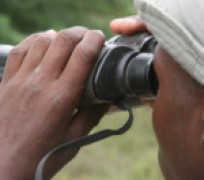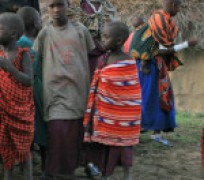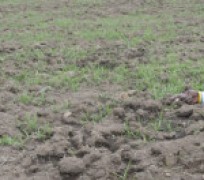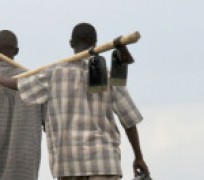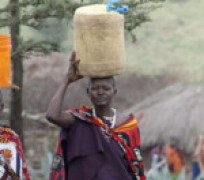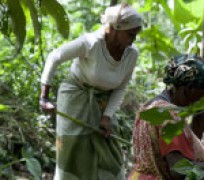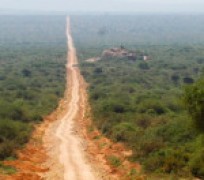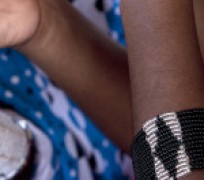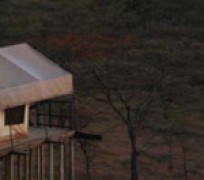We collaborate on initiatives that improve rangeland conservation and reduce the vulnerability of people and the pastoral systems that support them. This work takes place across varied landscapes in Tanzania and southern Kenya, including the Greater Kilimanjaro and Natron-Nguruman ecosystems, and the Manyara-Tarangire, Arusha-Longido, and Mkomazi-Tsavo corridors.
As part of our holistic approach to conservation, we have empowered more than 8,000 pastoralist women through marketplace literacy courses and the introduction of culturally acceptable skills and technologies such a natural leather tanning, which has led to improved trans boundary conservation of key wildlife areas in the Greater Kilimanjaro and the Natron-Nguruman ecosystems. Currently, we are piloting women-led rangeland restoration in the Manyara-Tarangire corridor, where land degradation and competition for land use are increasing.
The OEA team has helped create big water wins for people and livestock in Kiteto and Simanjiro districts, where 40,000 people now have access to safe, drinkable water. We have also engaged with Tanzania’s rural water agency RUWASA to design a set of national guidelines that will improve the management of rural water systems, potentially benefitting tens of millions of citizens.
Each of our projects is designed to satisfy specific needs identified through a participatory process and developed using an integrated approach that encompasses scientific data collection and analysis, attention to cultural diversities, focus on skills development, and local ownership.
Learn more by clicking on individual projects.
